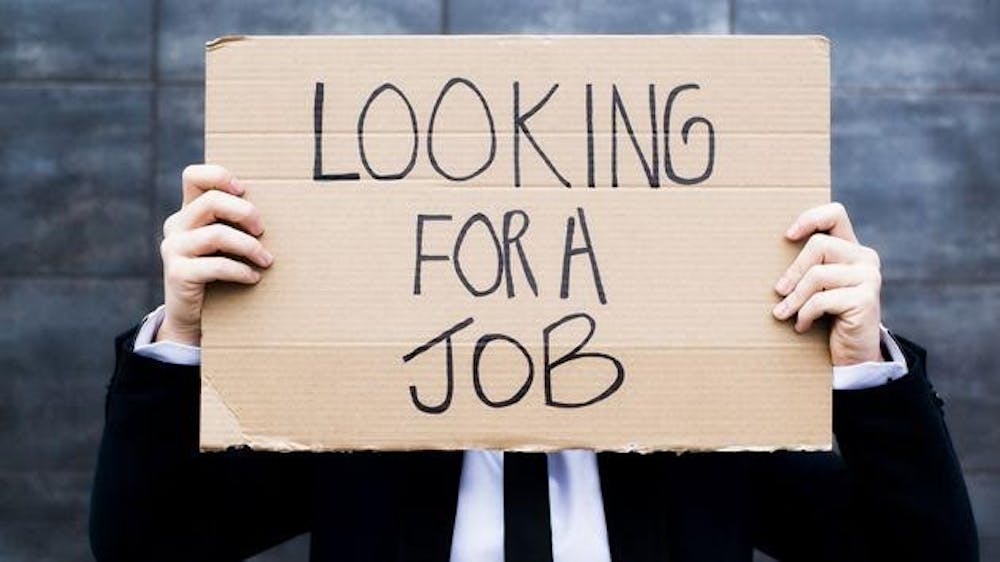Approximately 156,000 jobs were created in September 2016, and the national unemployment rate remained little changed at 5.0 percent, according to the Bureau of Labor Statistics. Job growth increased in healthcare, as well as in food services and drinking places and professional and technical services.
Millennials are often painted as lazy, entitled youths, sitting jobless in their parents' basements. However, this generation faces real economic and labor force issues that have led to startling unemployment rates.
According to the Bureau of Labor Statistics, 12.7 percent of millennials were unemployed during September 2016. This is compared to the national average of 5 percent.
“Today’s lackluster job numbers signal that our sputtering economy has reached an unacceptable new normal,” Patrice Lee, the spokeswoman for Generation Opportunity, a non-partisan organization that supports young people, told Breitbart News. “Our generation is struggling to find good-paying jobs or start our own businesses due to regulatory barriers that are creating roadblocks to quality opportunities.”
The reality of unemployment has some Ball State millennials worried.
“It’s kind of scary that a lot of us aren’t working right now,” said Kaylee Jones, a sophomore telecommunications major. “At younger ages, you would think we would be more able to work.”
Unemployment rates are even higher for young minorities, including African Americans at 16.1 percent and Hispanics at 14.2 percent, according to the Bureau of Labor Statistics.
But Kyle Tobeck, a senior general studies major, said he thinks the unemployment percentages may be due to the fact that many students are unrealistic about the kind of job they will get when they finish school.
“We’re in a job market where everyone needs at least five years of experience in a field to get a good paying job," Tobeck said. "It sucks, but you have to kind of pound your way through the system to get yourself towards those jobs.”
Michael Hicks, a professor of Economics and Business Research, said millennial unemployment rates are not necessarily as intimidating as they might seem.
“Economists consider normal unemployment rate around 4.5 to 5.5 percent of the entire economy, because that just accounts for normal turbulence,” Hicks said. “But people in that 18- to 29-year-old age group have much higher turbulence.”
Hicks said this is the prime age group for having children, so young people and women in particular may be in and out of the labor market. Young people are more likely to be students, or to return to school during this time, which also might inflate unemployment rates. Millennials are also likely to change jobs, whereas people in older generations are more likely to be in stable employment.
“So [millennial unemployment] could be expected to be a little bit higher. Twelve percent is not an emergency,” Hicks said. “The real question is, 'What’s the duration of unemployment among workers in that age group?' So if the duration of unemployment is say, 90 days or less, that’s a fairly short period of unemployment. But we would be expressing concern if this period was over many months or longer.”
Although Hicks said the unemployment rate isn't as big of an issue as some may make it out to be, the rate of college graduates who report they are underemployed, on the other hand, might be a bit more concerning.
According to a recent report published by the National Bureau of Economic Research, nearly 50 percent of recent college graduates say their current jobs don't even require degrees — making this a possibly bigger issue, instead.





